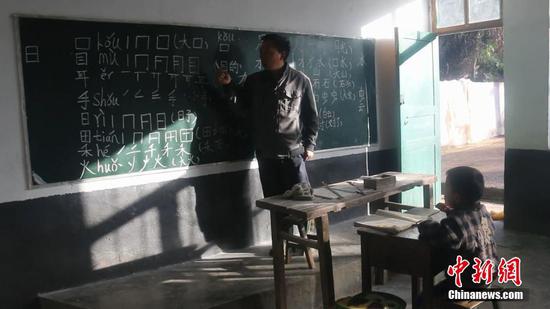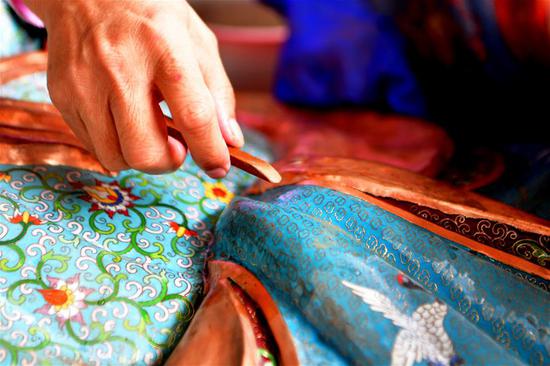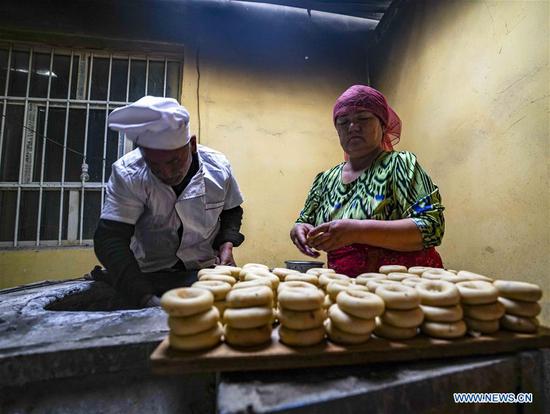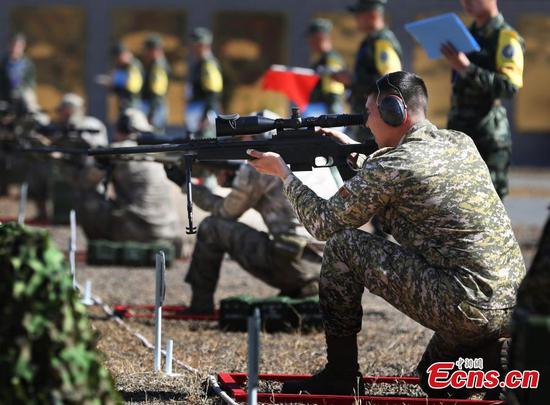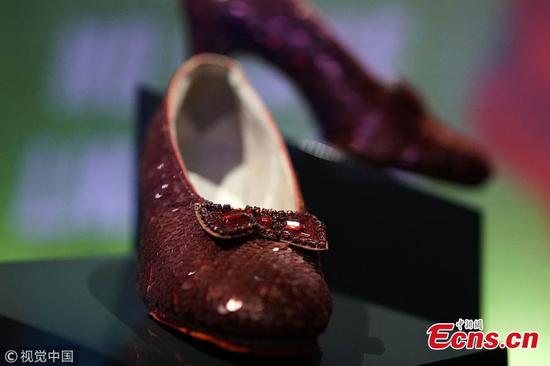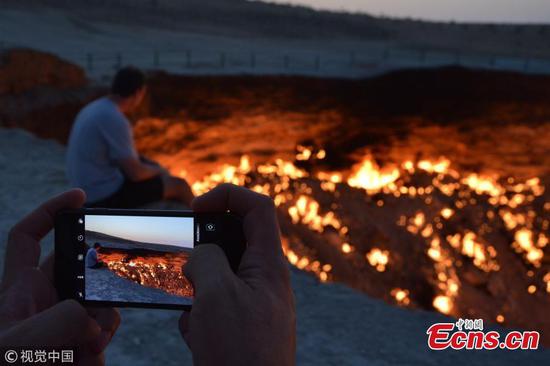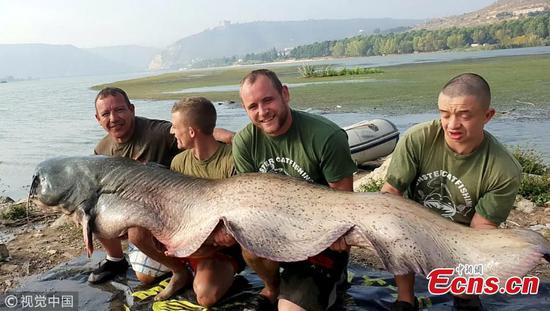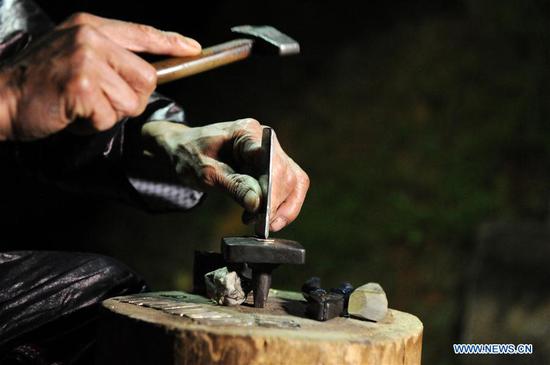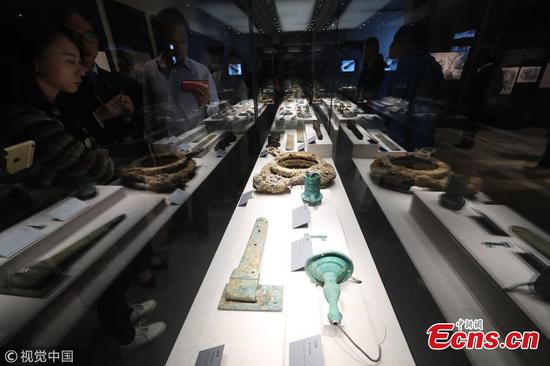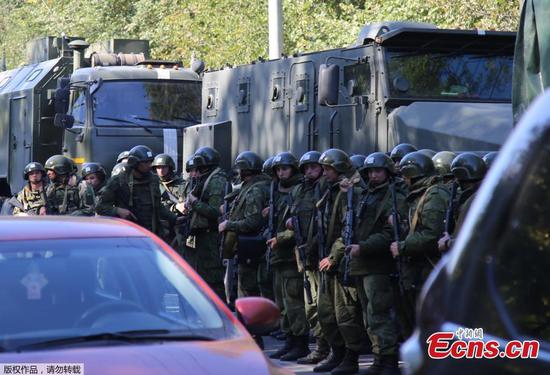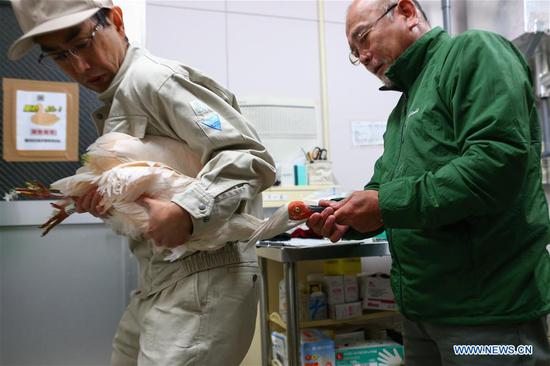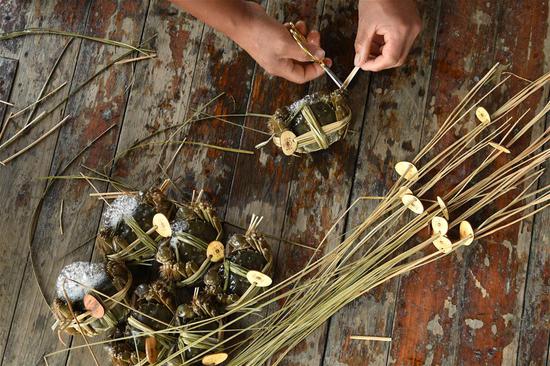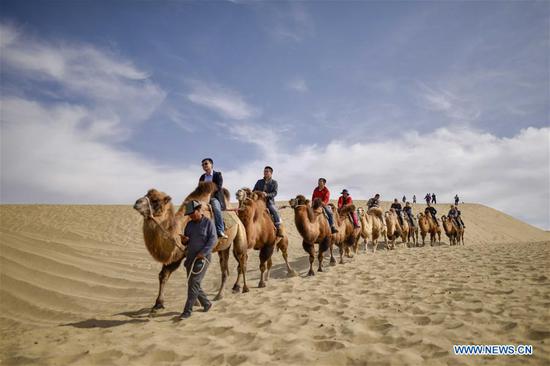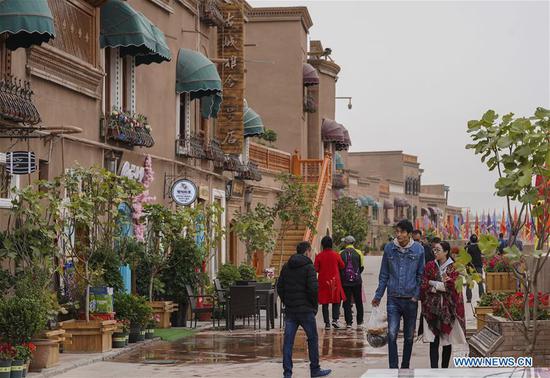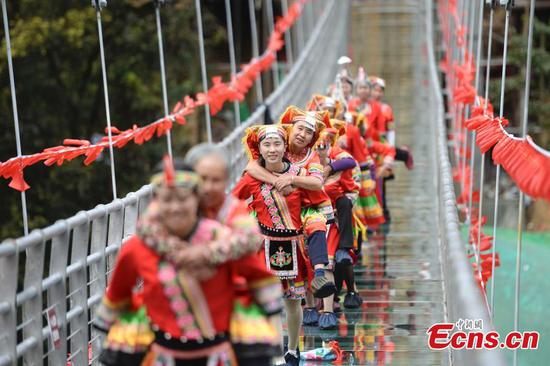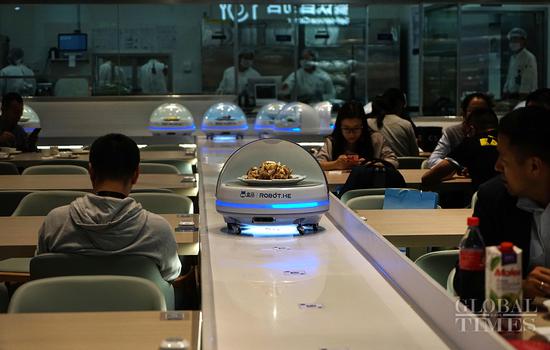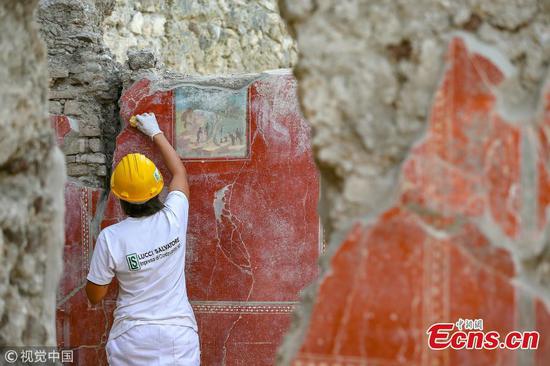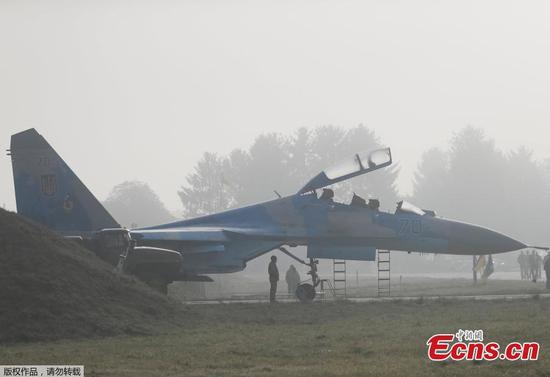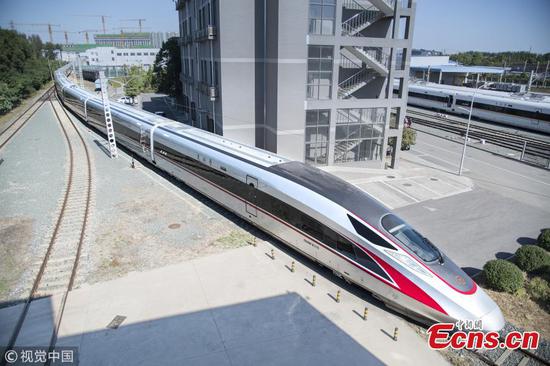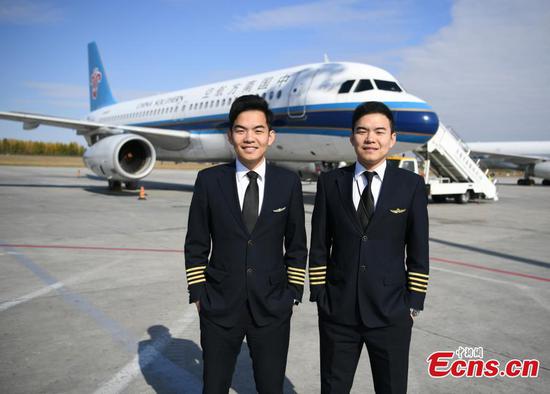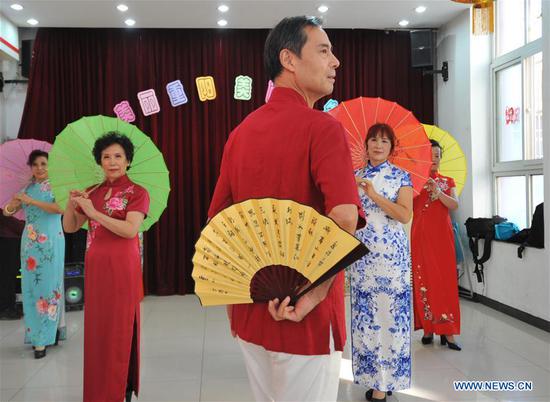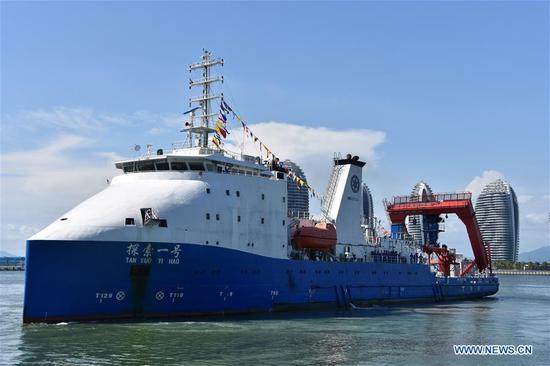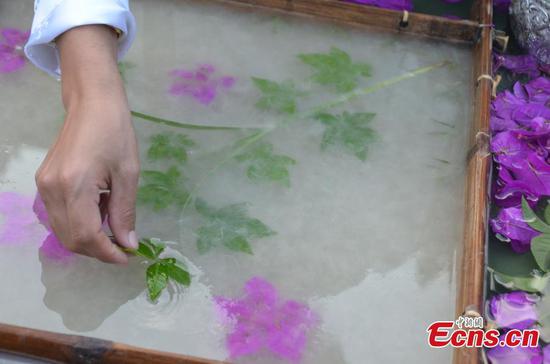Fascinated by foreign goods
In a WeChat group with more than 300 members, Feng Xiaohua (pseudonym) received a dozen shopping requests for various items including leggings, pillows and even seafood.
"Basically, I can help buy any product in North America," said Feng. Residing in Canada, Feng travels a lot between North American metropolises and China on business errands.
"All my buyers think products there are cheap and safe, with no need to worry about the quality, especially milk powder," Feng told the Global Times. "I am just trying to make some pocket money on the sidelines of my work."
Miaomiao told the Global Times that she was surprised to see milk powder was sold at up to 400 yuan a tin, while the same brand only costs 260 yuan in Australia.
However, there are voices that believe that some facts about milk powder made in China have been overwhelmed by prejudice.
"China-made milk powder and legally imported milk powder is more superior compared those from daigou in terms of nutrients and safety," an anonymous retiree from a large Chinese milk powder company who has 20 years of working experience told the Global Times. "Domestic manufacturers are making utmost efforts to provide the best product to win market share under fierce competition," he noted.
"The progress domestic milk powder companies have made has never been understood by customers due to a lack of proper channels," said the insider.
"Positive news on China's milk powder is scarcely spread compared with flourishing rumors," the insider said. He believes it is the asymmetric information that results in people's distrust of domestic milk powder.
Liu believes that irrational consumption is one of the problems. "Indiscriminate trust in foreign brands, the phenomenon of following suit and a fervent pursuit of luxury items also boost China's thriving daigou business," Liu said.
A McKinsey report on the global luxury market shows that Chinese consumers spent 500 billion yuan ($7.4 billion) on luxuries in 2016, representing almost one-third of the global luxury market. The report also predicts that affluent Chinese consumers are projected to make up to 44 percent of the global luxury consumption across the globe by 2025.
Dim future
"Maybe I will have to stop bringing stuff for my family and friends," Chen Huimin, a student in the US, said with slight sadness. Chen used to bring luxury bags and cosmetics for her family and friends without charging extra money.
He Xiaoyun told the Global Times she will wait and see. "I will stop if there's no other way."
She and her husband travel frequently to Seoul and Tokyo, and help some friends buy cosmetics and luxury bags to offset traveling expense.
"Products carried by shopping agents entering China are merchandise, and should go through customs and be subject to tariffs," said Huang Chao, a lawyer with the Jiangsu Yihua Law Firm.
"The law regulates economic activities of both online retailers and e-commerce platforms. This will play an important role in forging an honest, fair and better e-commerce environment," Huang told the Global Times on Wednesday.
"Licensed shopping agents can be trusted by more consumers, which helps to boost sales," said Huang.
Huang also said that it will be easier for consumers to file complaints and safeguard their legal rights once a dispute occurs during online trade.
"The law guarantees fair competition. Legitimate and honest private shopping agents will be protected and those who violate the law will be punished," said Liu.
"Private shopping agents should not be banned indiscriminately," Liu noted.
Liu said that China's legal system is being improved with rapid economic and social development. The e-commerce law is to enhance people's sense of fulfillment and happiness.
Liu suggests that authorities further decrease the import tariffs on luxury products to fulfill Chinese people's growing demand.
Liu also calls for e-commerce retailers to pay tax according to the law and to stand against illegal activities such as selling counterfeit goods.









